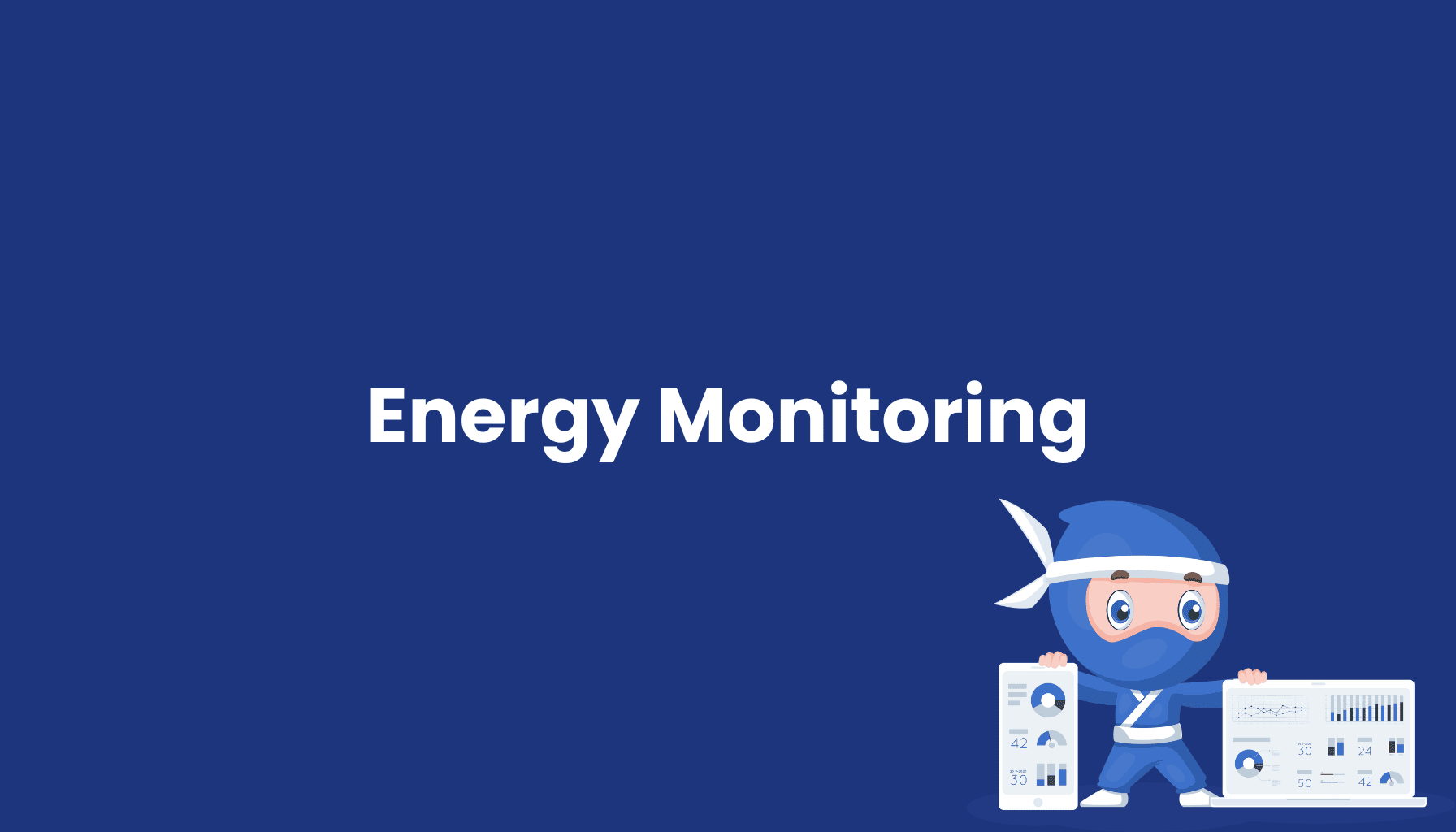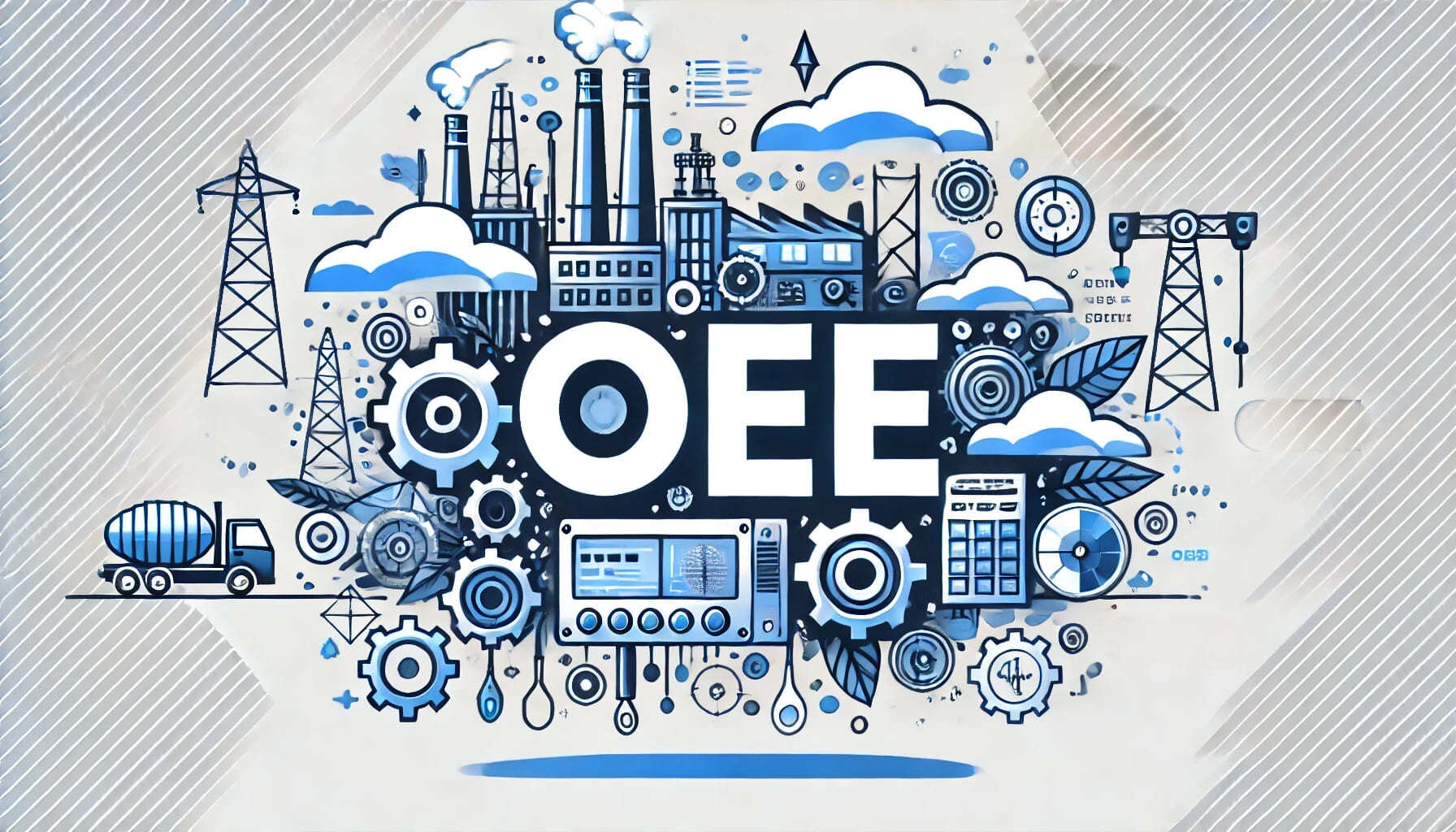Energy Monitoring

What Is Energy Monitoring?
Energy monitoring involves the systematic collection, tracking, and analysis of energy consumption within organizations. Through this process, energy sources such as electricity, gas, and other forms are continuously measured and evaluated to provide transparency and identify optimization potential.
Components of an Energy Monitoring System
Hardware Components
- Smart meters
- Sensors for various energy sources
- Data acquisition systems
- Network infrastructure
- Equipment-specific measurement technology
Software Solutions
- Real-time monitoring tools
- Data analysis applications
- Visualization tools
- Reporting functionalities
- Alarm systems
Importance for Businesses
Cost Control
- Tracking energy expenses
- Analyzing electricity prices
- Optimizing consumption
- Supporting budget planning
- Informing investment decisions
Energy Efficiency
- Identifying savings potential
- Optimizing equipment performance
- Reducing energy consumption
- Improving overall energy balance
- Contributing to energy transition goals
Implementing the Monitoring Process
Planning and Preparation
- Conduct a current state analysis
- Identify monitoring points
- Select an appropriate system
- Build the infrastructure
- Train employees
Continuous Monitoring
- Real-time data collection
- Consumption analysis
- Load profile evaluations
- Trend monitoring
- Deviation alarms
Advantages of Modern Monitoring Solutions
Operational Improvements
- Greater transparency
- Faster response times
- Automated processes
- Efficient energy control
- Preventive maintenance
Strategic Benefits
- Achieving sustainability goals
- Ensuring compliance
- Gaining competitive advantages
- Securing future operations
- Enhancing brand image
Energy Management and Legal Requirements
Regulatory Framework
- Compliance with national regulations
- Energy efficiency directives
- Monitoring report obligations
- Documentation and evidence requirements
Integration with Existing Systems
- Production systems
- Building management systems
- Facility management platforms
- Quality assurance tools
- Reporting systems
Future Perspectives
Technological Trends
- AI-based analytics
- Predictive maintenance
- IoT integration
- Cloud-based solutions
- Smart grid connectivity
Developments in Germany
- Advancing energy transition
- Rising energy costs
- Stricter regulations
- New technologies and innovative solutions
Conclusion: Energy Monitoring as a Success Factor
Professional energy monitoring has become indispensable for businesses. It not only enables the control and optimization of energy consumption but also serves as a foundation for strategic decisions in the face of rising energy costs and the ongoing energy transition in Germany. The integration of modern monitoring solutions helps companies continuously improve energy efficiency and maintain long-term competitiveness.





